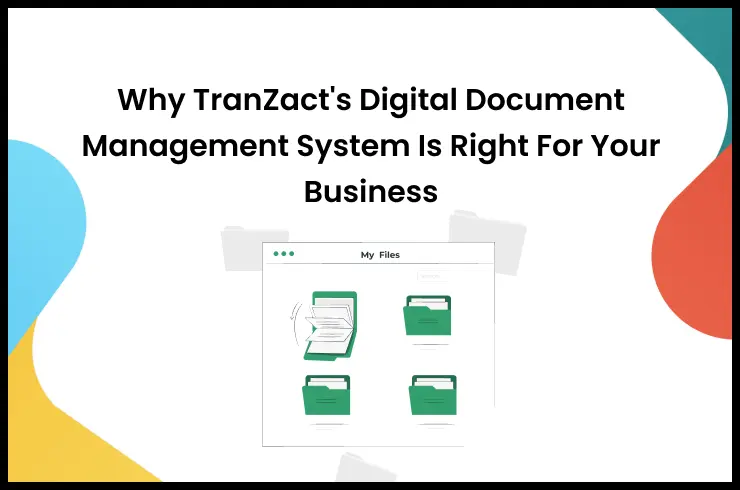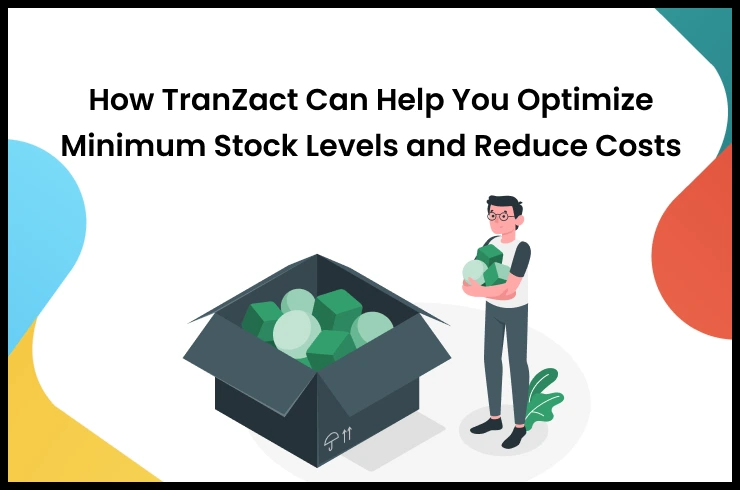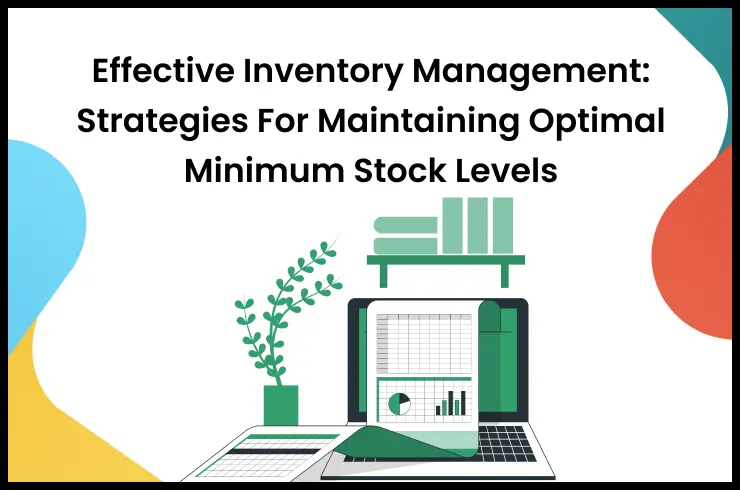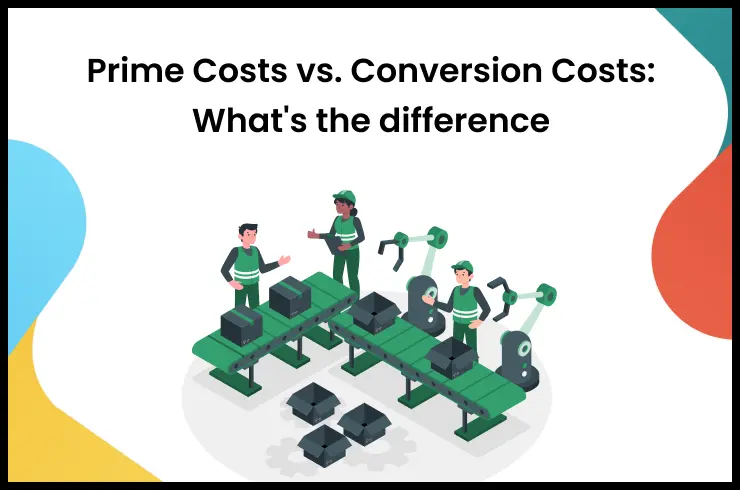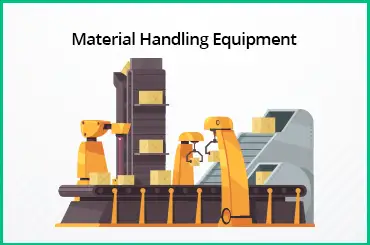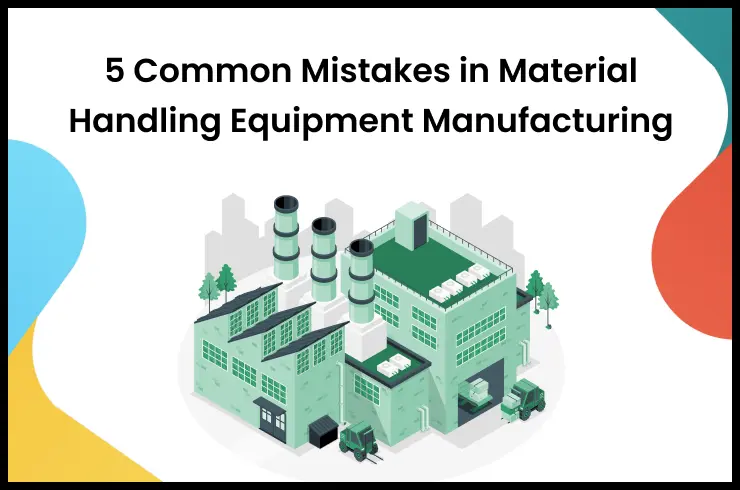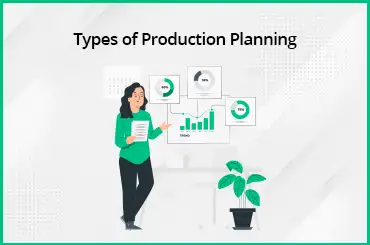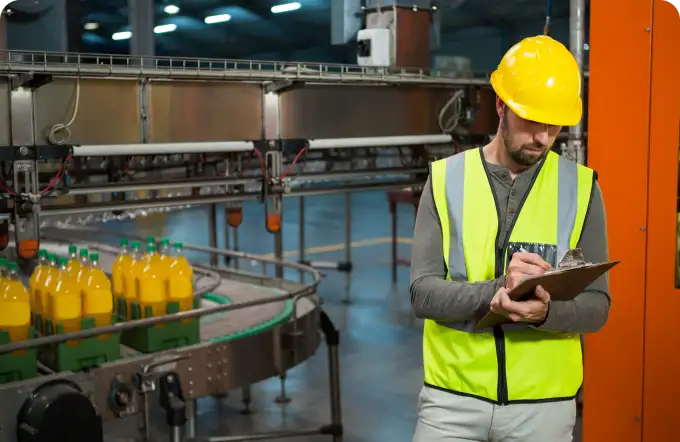The process of batch production involves the production of a particular quantity of goods in just one go. Batch production is a common method in many industries, such as food, medicine, and juices.
This type of production requires much effort and effectiveness. It consists of the creation of setting up:
- equipment
- materials
- workforce
What is Batch Production in Manufacturing?
The batch production system in manufacturing is when a company makes a certain number of products at one time, instead of making just one product.
This manufacturing system is effective because businesses often use common equipment, which can meet various needs in a batch production system.
What is Batch Production?
Batch production refers to the process of manufacturing a range of similar products that are manufactured in batches. These products go through different steps, and this is called 'batch and queue'. All the products get through the first steps and then wait in line for the next steps to happen.
Read Also: batches
What are the Main Features Of Batch Production?
Batch production has specific characteristics or features that make it useful for different industries. Let us have a look at the main features of batch production.
- Multiple Products: A variety of products are manufactured in large quantities.
- Mixed Equipment: Utilization of both general-purpose and special-purpose machines.
- Systematic Arrangement: Equipment and machines are arranged in a sequence based on operation requirements.
What are the Benefits And Disadvantages Of Batch Production?
There are various batch production advantages and disadvantages. This helps companies decide if batch production is a good idea for what they're creating.
- Cost-Efficiency: Production costs are spread across multiple items, resulting in lower costs per unit.
- Quality Control: Enhanced ability to conduct quality checks at each production stage.
- Small Batch Production: Focus on producing smaller quantities ensures higher quality.
Even though there are quite some benefits of batch production, there are various drawbacks of batch production as well. Let us look at some of the disadvantages of batch production as well.
- Higher Expenses: Compared to mass production, batch production can be more costly due to additional setup requirements.
- Time-Consuming: The process can be lengthier as it involves multiple stages and setups.
- Automation Challenges: Adapting to automation can be complex due to the variety of products and processes involved.
Read Also: inventory
How can Software Help With Batch Production?
The software enhances batch production by streamlining processes, assigning resources efficiently, and providing valuable data insights. It plays a crucial role in scaling up operations, ensuring equipment and labour are utilized optimally, and highlighting the significance of each batch job.
What Types of Businesses/Products Does Batch Tracking Suit?
Batch tracking is a good fit for businesses and products that make or handle things in batches or groups. The following business types/products usually do batch tracking suit:
1. Food and beverage
Tracking food and juice items is important because manufacturers need to keep an eye on the expiration dates of the batches. Batch tracking helps ensure the products are safe and of good quality.
2. Medicine
Medicinal products fall under the category of batch tracking. These products are tracked so that expired or bad products do not reach the customers.
3. Organic materials
Batch tracking is done in the case of organic materials too. There is an expiration date for such products.
Brands Using Batch Production
There are various kinds of batch production examples. One such example is Ikea. It is one of the most important global brands that use the batch production system.
In India, there are brands like Amul that make dairy products in batches, like cheese and yoghurt.
Parle Products also makes batches of biscuits and sweets in this process. It helps them make good-quality products and meet the different choices of people in India.
Read Also: supply chain
Improve your Manufacturing Process Today!
As we already know, batch production is an important and efficient process in the manufacturing sector. Some of the key reasons because of which we can rely upon TranZact for batch production are as follows:
-
TranZact lets you make your work hassle-free with the help of this beneficial technique.
-
The inventory management software of TranZact is quite user-friendly and, therefore, accessible to all.
-
It aims to support businesses at every step, making it the most reliable one.
FAQs on Batch Production
Q1. Is the use of software valuable in a batch production system?
Yes. Software is really useful in batch production. It helps to organize tasks better and keeps track of production steps. This makes work smoother. It's like a helpful virtual assistant for manufacturing.
Q2. Where is batch production commonly used?
Batch production is seen a lot in making food, drinks, medicines, and similar things. It's handy when you want to make a certain amount of products. For example, when baking cookies or brewing a specific quantity of medicine.
Q3. Is batch production a costly or cheap process?
Batch production is usually a money-smart process. It lets companies make things in smaller amounts without spending too much on getting started. This way, they can control costs while still meeting demand.
Q4. What is the main issue with batch production?
The main issue with batch production is that it takes time. Each batch needs separate preparation, which can slow down how fast everything gets made. This can lead to longer waiting times for customers.
Q5. What type of layout is followed during batch production?
Batch production often goes with a process layout. This means arranging tools and work areas based on each step needed for making a batch. It's like setting up a mini assembly line for each batch.
Q6. Does Batch Production reduce waste?
Yes, batch production helps cut down waste. Making set amounts in each batch means there's less chance of having extra stuff that goes to waste later on. This is good for both the environment and a company's bottom line.







